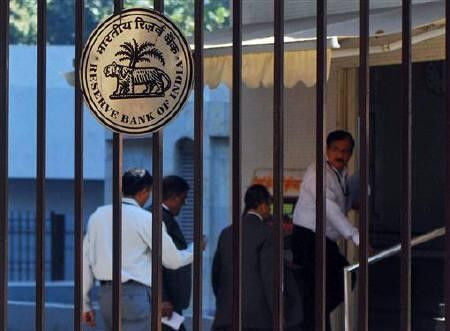Rbi Warns on Persistent Inflation Risks

The Reserve Bank of India (RBI) said the growth outlook and business climate have weakened but warned of upward risks to inflation, a day before it is widely expected to keep policy interest rates on hold.
The RBI left interest rates unchanged in December after raising them 13 times between March 2010 and October 2011.
Economists say it may choose to cut the cash reserve ratio (CRR), the share of deposits banks must maintain with the central bank, from 6 percent, to ease tight liquidity, at its review on Tuesday.
The critical factors in rate actions ahead will be core inflation and exchange rate pass through, the RBI said on Monday in its quarterly review of macroeconomic and monetary developments.
The rupee depreciated by 16 percent against the dollar in 2011, putting upward pressure on prices of imported goods, especially energy.
Annual headline inflation, as measured by the wholesale price index, slowed to a two-year low of 7.47 percent in December, thanks to a sharp decline in food inflation. However, manufactured product inflation edged up from the previous month.
Upside risks to inflation persist from insufficient supply responses, exchange rate pass-through, suppressed inflation and an expansionary fiscal stance, the RBI said, adding that inflation was likely to ease to its target of 7 percent by the end of the fiscal year in March.
Investment in industrial capacity that would ease supply bottlenecks in Asia's third-largest economy has been slowed by sluggish decision-making in New Delhi, while programs that increase the spending power of rural Indians has driven up demand for items such as protein-rich foods.
The RBI said that while it expects growth to improve in the fiscal year that starts in April, weak investment and external demand may keep recovery slow.
India's economy is expected to struggle to grow by about 7 percent in the fiscal year that ends in March, far slower than the previous year's 8.5 percent growth.
The central bank said that while open market operations -- buybacks of bonds from the market by the central bank -- have been its weapon of choice for addressing tight market liquidity, other measures could be considered.
Enabling smooth functioning of other markets by ensuring that the liquidity deficit remains within acceptable limits is also a policy priority, the report said.
© Copyright Thomson Reuters 2024. All rights reserved.




















